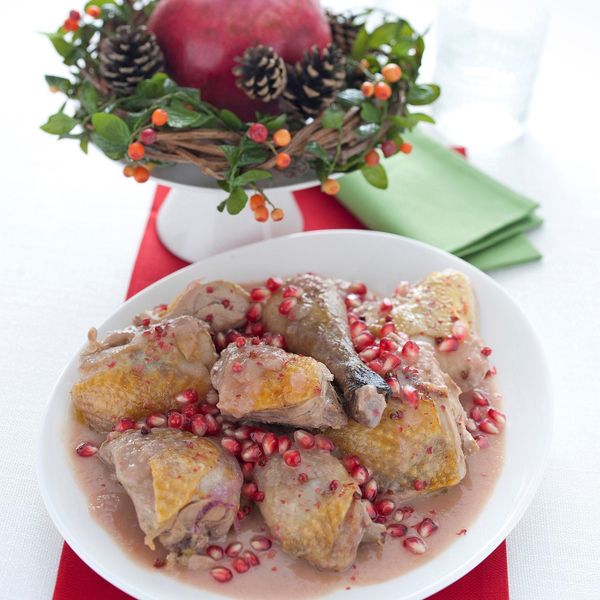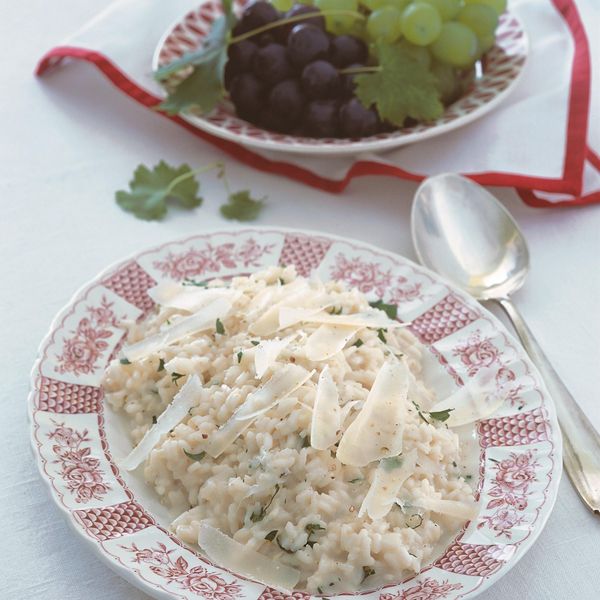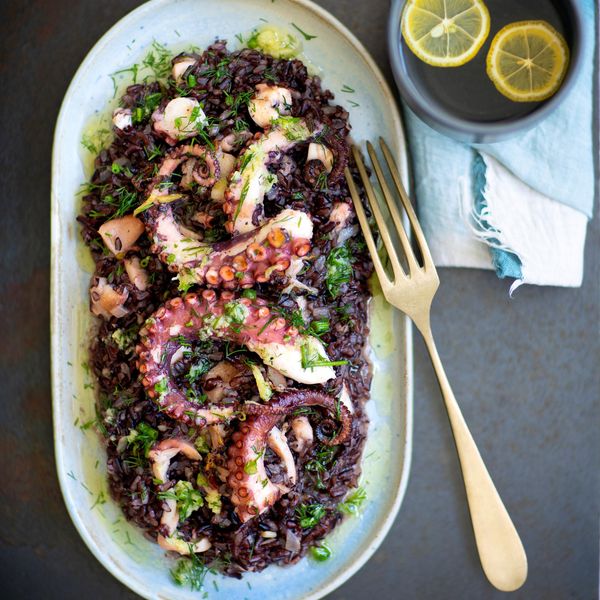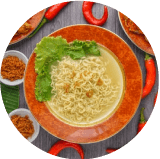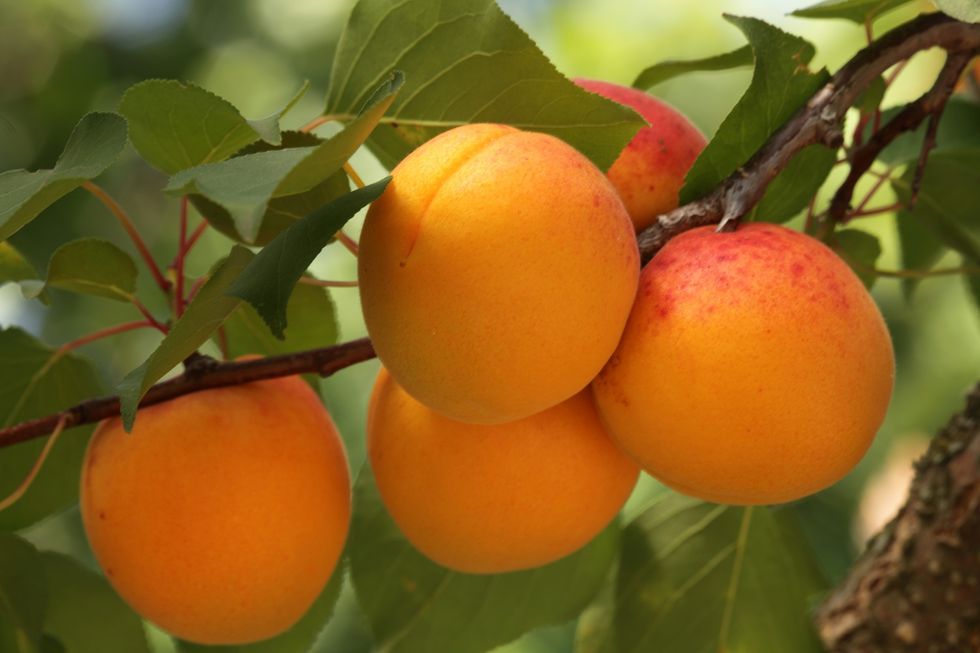
Bombs of antioxidants, apricots are strategic for skin and eyes, allies of sun exposure, fertility and the fight against stress. In short, a fruit to be discovered, rich in nutrients with many beneficial properties
In winter, it is the orange that brings the sun back into us, the orange is the emblem of the fruit that gushes health from all segments. Orange all year round? In a certain sense, but only in a certain sense, you can ... In summer, however, the orange is leii: apricot. Not just for the color. But also because it is also a real cocktail of substances that are good for us ...
We have already learned how to choose and keep them. Now let's find out what are the beneficial properties of this fruit which is very rich in it. And let's start with what gives them the beautiful color: beta carotene, the one that gives us a textbook tan. Its main function is that of an antioxidant, which counteracts free radicals - those that cause stress and oxidative damage associated with the onset of many diseases and cellular aging. Free radicals are the cause of the so-called "bad cholesterol".
Like all carotenoids, it is a precursor of vitamin A, retinol, which the body converts into the aforementioned vitamin in case of need. Particularly precious for sight, it is also used by the immune system and to "nourish" the tissues.
Let's stay on vitamins: apricots also excel in vitamin C and then B1, B2 etc. etc. They are also rich in lycopene, a substance present in foods of plant origin also belonging to carotenoids and with very strong antioxidant properties. And they are not the only constituents rich in these qualities ... Together with lutein, another nutrient present in apricot, they protect the eyes, in particular the retina from damage by ultraviolet rays and together with all the other antioxidants prevent the onset of skin spots due to sun exposure and aging.
Eating apricots is not good for the skin at all… If the fruit associated with a smooth and velvety complexion is usually peach, apricot is actually its number one summer ally. And speaking of summer, vitamin A stimulates the production of melanin, which is responsible for tanning and protecting the skin.
In addition to the fresh fruit, apricot oil is used for the skin, derived from its stones, which has elasticizing, protective and emollient properties. However, the fresh fruit can be used for do-it-yourself masks to heal the skin, revitalize it and fight skin spots, even simply by blending the apricots and spreading the mixture on the skin, perhaps fresh from the fridge. In the cream version, to prepare the skin for the sun, they can be mixed with milk and maybe a little almond oil.
Rich in water (86%) they bring many and various minerals (calcium, phosphorus etc.) and above all a lot of potassium, essential for the body to support most of the vital functions, but whose deficiency is also linked to fatigue and depression: for people with chronic fatigue, an abundant consumption of this fruit is highly recommended.
Last but not least: potassium helps with the problems of retention cellulite since - together with magnesium - it is the purifying mineral that most helps to dispose of it.
Apricots are the fruit that contains the most carotene and potassium of all.
Dietary fiber, of which they are well supplied, helps the digestive process, the sense of satiety and therefore weight loss. In all this, the caloric intake of this fruit is one of the lowest in the category: a hectogram of apricots does not even contain 100 kcal. Despite the low calories, it is a very nutritious fruit. Thanks to the sorbitol they contain (a natural sweetener then also used industrially) they also have light laxative effects.
As for fertility, it is true that apricots are rich in minerals that are essential for the production of sex hormones: in ancient China, women who wanted to have a baby ate a lot of them ...

